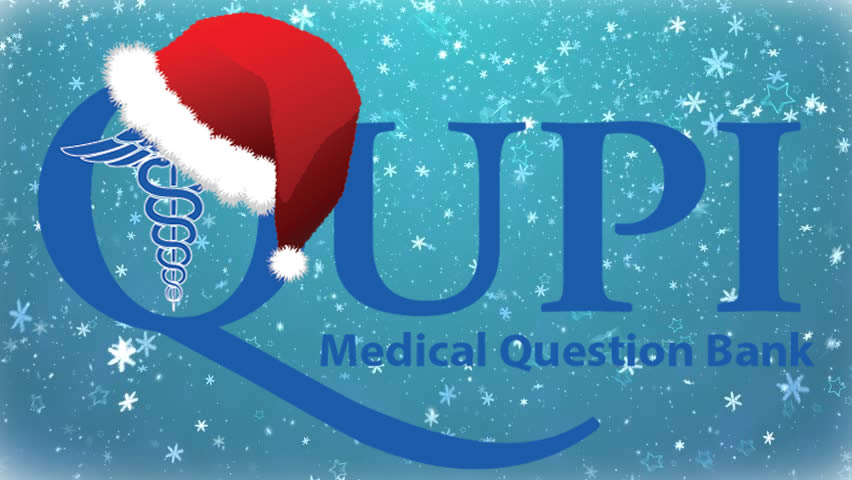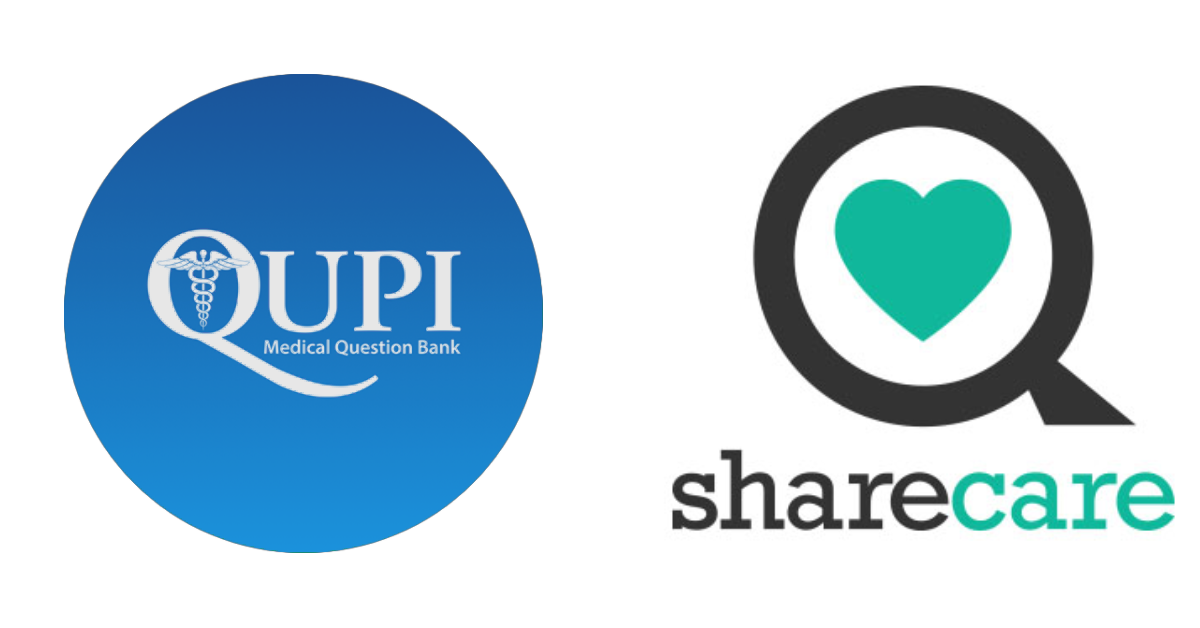Why is early practice using medical question banks important?
In 2012, over 45 thousand people applied to medical schools in the USA through the American Medical College Application Service, out of which 19,517 matriculated into a medical school for a success rate of 43 percent.1
Now that you are a medical student (congratulations!), what should you do in order to increase your chances to become a doctor?

When studying medicine, it all begins at the atomic level—biophysics and chemistry in the first year—then there are anatomy lectures, cell biology and pathology labs (what happens when the body goes wrong), and ends with the macroscopic level—treating somebody who is actually sick.
The aim of the beginning years is to go through the basic sciences. Soon after, the dynamic radically changes: clinical students interact every day with patients as a practical part of the medical studies.
The importance of medical questions banks
As you can see, medicine is a very time-intensive degree but also a huge financial ask for many students given the rise in tuition and downward spiral in doctors’ pay. Moreover, the success rate of medical students who later become doctors is considerably low as opposed to what you might believe.
In the US, over 90% of medical students will graduate and become doctors, while in the Caribbean, the graduation rate is as low as 50%. Some Caribbean schools claim to have nice statistics like an USMLE pass rate of 90% or more (United States Medical Licensing Examination). However, the First Aid for the USMLE Step I (2010) claims that the pass rate in 2008 for foreign graduates was 77%.2
According to figures from the American Association of Medical Colleges, there were 42,000 applicants in 2009 and 18,390 were enrolled, an admission rate of 40-45 percent. Out of that number, only a little more than 80 percent will graduate in four years, said Deniz Ones, a professor in the department of psychology at the University of Minnesota.3
What could you do to level up your success as a medical student?
One of the best ways is incorporating question banks early on in your study schedule of the USMLE. By doing so, you will be able to review a great deal of questions at a manageable pace and you will have more time to review explanations to what has been answered wrong. Increasing one’s knowledge is obviously pivotal, but speeding up the test-taking skills is very important too so shouldn’t be left aside.
By incorporating question banks when you start rather than later on in your schedule, you will have additional time to include more than one question bank.
Using multiple question banks allows you to experience greater variation in the authorship of the content and may provide you with a more representative sample of questions that you will see on the actual exam.
Students go through around 2,000 questions from their question banks before their exam date—quite a lot, right? The later you incorporate this large number of questions into your study schedule, the less flexibility you will have in creating a schedule with some variety. If you have little or no variation in the way they review their resources, your study plan is more likely to feel somehow monotonous.
When starting early, not only will you get through more of the questions in the question bank you purchased, but you will be also able to take advantage of the discounted payment options from some publishers/resources. In fact, you could pay less per month by signing up for a longer period of time.
The lesson overall: start using question banks as early as possible, save both time and money, and succeed as a medical student in spite of the statistics!
If you enjoyed reading this blog, please subscribe to it. My next article will be about comparing the major medical question banks available on the Internet.
Sources:
1 “Table 18: MCAT and GPAs for Applicants and Matriculants to U.S. Medical Schools by Primary Undergraduate Major, 2012” (PDF). Association of American Medical Colleges.
2 http://www.medicalschoolsuccess.com/high-yield-guide-to-caribbean-medical-schools/
http://med-blog.cramfighter.com/top-5-reasons-to-start-using-your-usmle-qbank-early/ (general)















